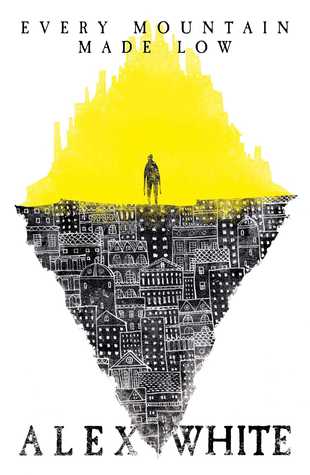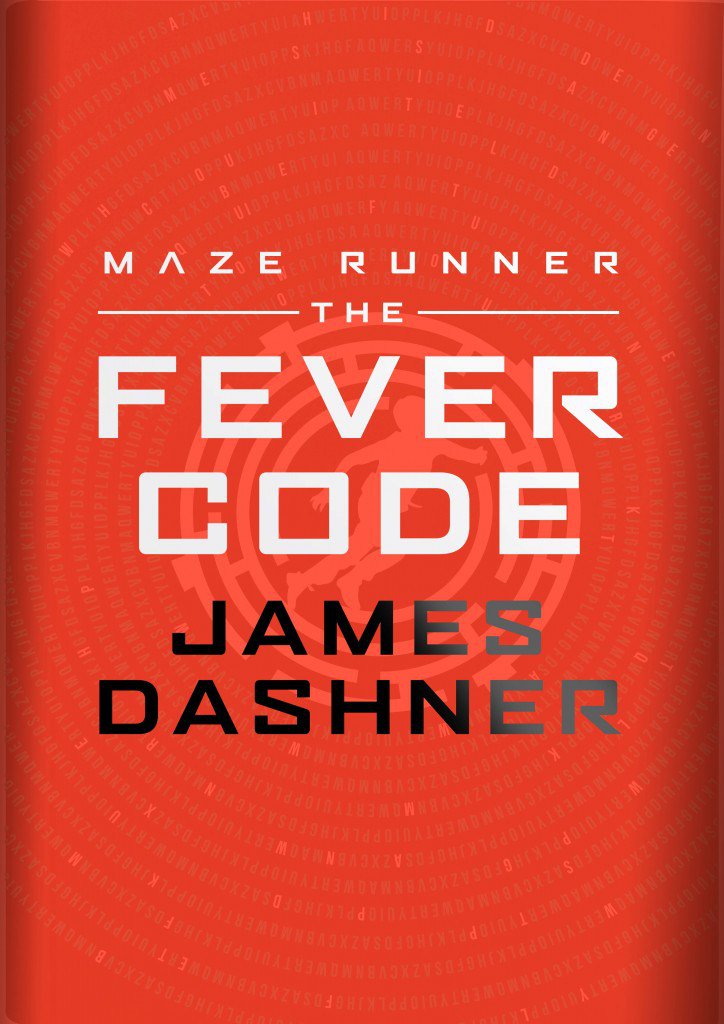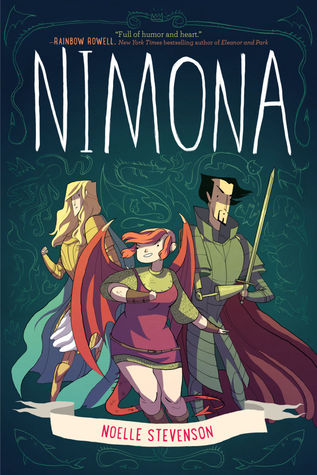2016 has been an interesting year for me in reading. When I look back on the year it's a bit disappointing that there aren't any stand-out books for me (if you've been around for a while you might notice that I don't have a 'best overall novel' this year).
But at the same time when I go back to my blog or GoodReads and see everything together, it appears that actually that I've had a very good reading year: I read more books this year than last, I read a wider variety and began looking at things like poetry and graphic novels, I had my first full year working with NetGalley and became a reviewer for Unbound Publishers as well.
And there have definitely been stories I have fallen in love with too. Quite uncharacteristically of me, I've shed a few emotional tears over books in 2016, and I've nearly thrown my kindle across the room in frustration at how stupid some novels are.
Overall, though there might not be one particular book that I instantly remember as being the best thing I read in 2016, there are a whole host of novels that I loved and are more than worthy to be gracing bookshelves everywhere. Here are the best books that I read (but were not necessarily released) in 2016:
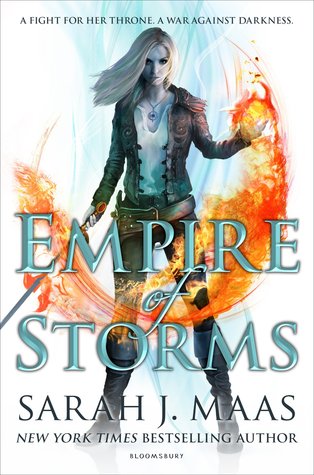
Empire of Storms
Sarah J. Maas
Novel with the Best Writing read in 2016:

A Monster Calls
Patrick Ness
Novel with the Best Entertainment read in 2016:
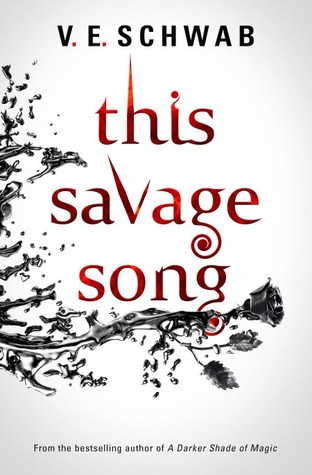
This Savage Song
V.E. Schwab
Best New Discovery read in 2016:
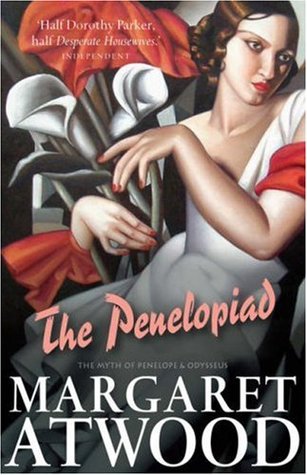
The Penelopiad
Margaret Atwood
Best Fantasy Novel read in 2016:
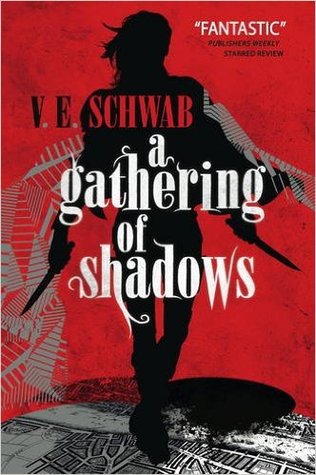
A Gathering of Shadows
V.E. Schwab
Best Sci-Fi Novel read in 2016:

Sleeping Giants
Sylvain Neuvel
Best Dystopian Novel read in 2016:

Wolf by Wolf
Ryan Graudin
Best Historical Novel read in 2016:

Salt to the Sea
Ruta Sepetys
Best Contemporary Novel read in 2016:
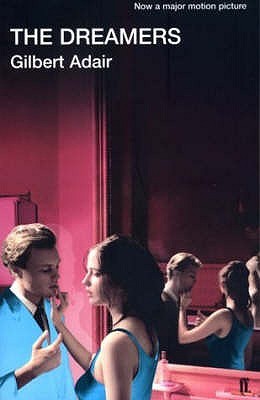
The Dreamers
Gilbert Adair
Best Romantic Novel read in 2016:

The Winner's Kiss
Marie Rutkoski
Best Classic Novel read in 2016:

The Burial at Thebes (Antigone)
Sophocles, translated by Seamus Heaney
Best Mystery/Thriller Novel read in 2016:
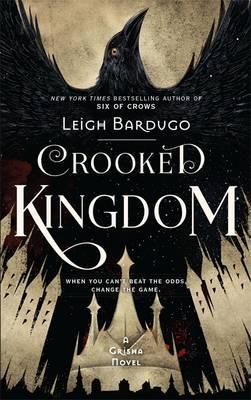
Crooked Kingdom
Leigh Bardugo
Best Graphic Novel read in 2016:

Persepolis
Marjane Satrapi
Read my summary of Persepolis here!


Best Poetry Collection read in 2016:

Give Me a God I Can Relate To
Blythe Baird
Read my summary of Give Me a God I Can Relate To here!
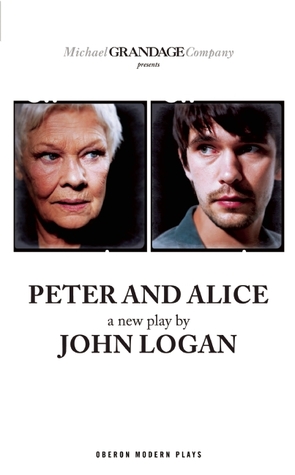
Best Play read in 2016:

Peter and Alice
John Logan
Best Review Copy [not otherwise mentioned] read in 2016:

Falling Awake
provided by NetGalley & Vintage
provided by NetGalley & Vintage
Alice Oswald
Image Sources:
Empire of Storms - https://www.goodreads.com/book/show/29559052-empire-of-storms
A Monster Calls - https://www.goodreads.com/book/show/17262384-a-monster-calls
This Savage Song - https://www.goodreads.com/book/show/28696452-this-savage-song
The Penelopiad - https://www.goodreads.com/book/show/561371.The_Penelopiad
A Gathering of Shadows - https://www.goodreads.com/book/show/26236443-a-gathering-of-shadows
Sleeping Giants - https://www.goodreads.com/book/show/28587880-sleeping-giants
Wolf by Wolf- https://www.goodreads.com/book/show/27433569-wolf-by-wolf
Salt to the Sea - https://www.goodreads.com/book/show/28930418-salt-to-the-sea
The Dreamers - https://www.goodreads.com/book/show/624641.The_Dreamers
The Winner's Kiss - https://www.goodreads.com/book/show/28587801-the-winner-s-kiss
The Burial at Thebes - https://www.goodreads.com/book/show/839731.The_Burial_at_Thebes
Crooked Kingdom - https://www.goodreads.com/book/show/28933383-crooked-kingdom
Persepolis - https://www.goodreads.com/book/show/3106983-persepolis
Give Me a God I Can Relate To - https://www.goodreads.com/book/show/27803255-give-me-a-god-i-can-relate-to
Peter and Alice - https://www.goodreads.com/book/show/17347724-peter-and-alice
Falling Awake - https://www.goodreads.com/book/show/30840109-falling-awake
Empire of Storms - https://www.goodreads.com/book/show/29559052-empire-of-storms
A Monster Calls - https://www.goodreads.com/book/show/17262384-a-monster-calls
This Savage Song - https://www.goodreads.com/book/show/28696452-this-savage-song
The Penelopiad - https://www.goodreads.com/book/show/561371.The_Penelopiad
A Gathering of Shadows - https://www.goodreads.com/book/show/26236443-a-gathering-of-shadows
Sleeping Giants - https://www.goodreads.com/book/show/28587880-sleeping-giants
Wolf by Wolf- https://www.goodreads.com/book/show/27433569-wolf-by-wolf
Salt to the Sea - https://www.goodreads.com/book/show/28930418-salt-to-the-sea
The Dreamers - https://www.goodreads.com/book/show/624641.The_Dreamers
The Winner's Kiss - https://www.goodreads.com/book/show/28587801-the-winner-s-kiss
The Burial at Thebes - https://www.goodreads.com/book/show/839731.The_Burial_at_Thebes
Crooked Kingdom - https://www.goodreads.com/book/show/28933383-crooked-kingdom
Persepolis - https://www.goodreads.com/book/show/3106983-persepolis
Give Me a God I Can Relate To - https://www.goodreads.com/book/show/27803255-give-me-a-god-i-can-relate-to
Peter and Alice - https://www.goodreads.com/book/show/17347724-peter-and-alice
Falling Awake - https://www.goodreads.com/book/show/30840109-falling-awake



